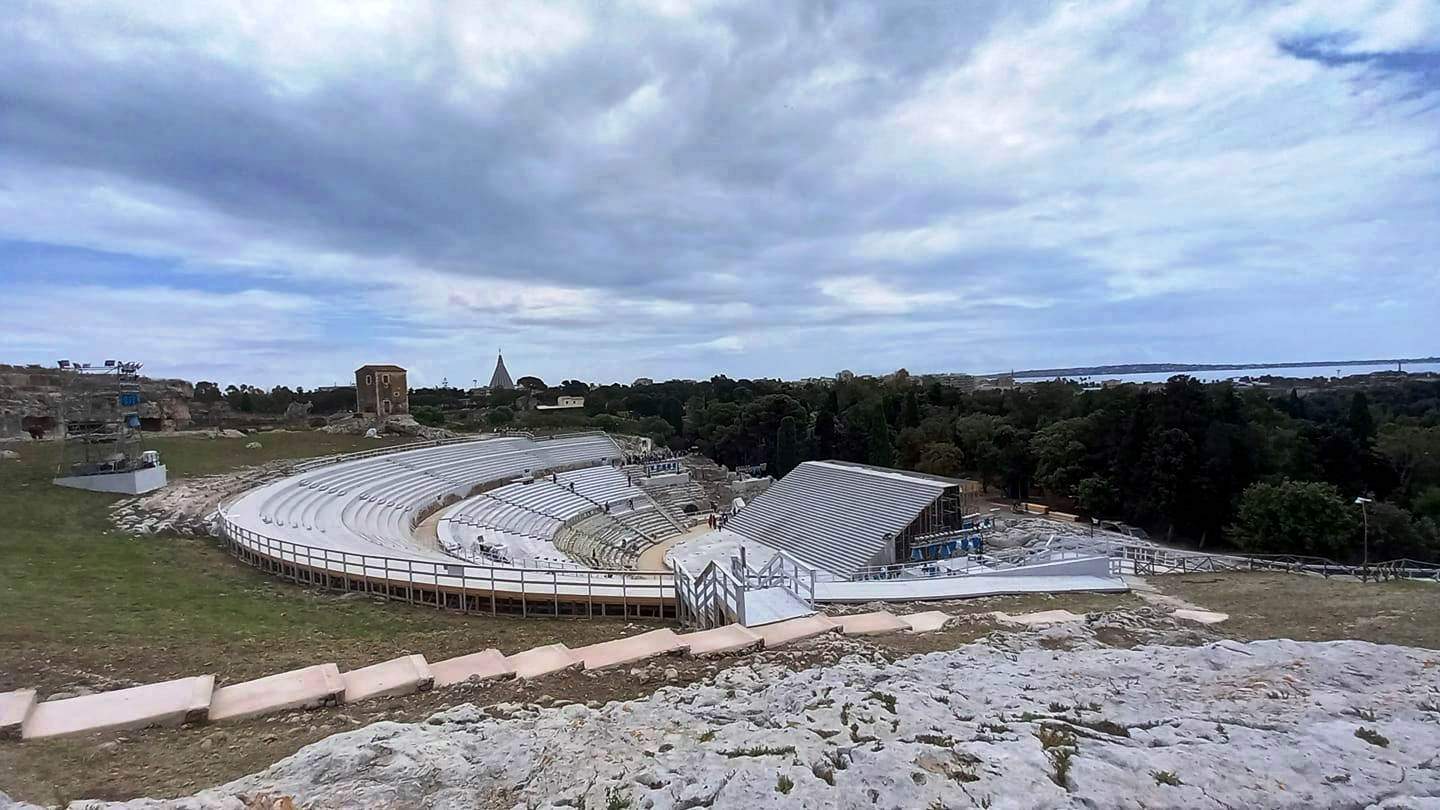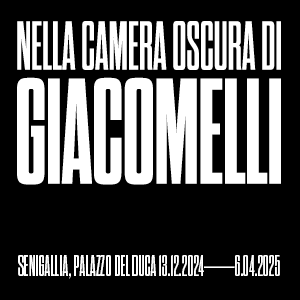Syracuse, controversy reignites over concerts at Greek Theater: Italia Nostra's no
The controversy over concerts at the Greek Theater in Syracuse is reignited following the announcement of the program of shows for 2023. In fact, the Sicilian Region has authorized some concerts for this summer: in addition to the plays, therefore, artists such as Zucchero (three dates at the end of July), Negramaro (three dates for them as well), Antonello Venditti, and Massimo Ranieri will perform on the theater’s stage. The discussion began in the pages of Il Fatto Quotidiano, where Antonello Mamo, director of the Neapolis Archaeological Park (within which the park is located), said that “unlike all the other sites or locations used in Italy for concerts, the Greek theater in Syracuse is a sculpture excavated in the 5th century on the rock of the Temenite hill. A monument that is 2,500 years old. The rock of which it is composed has erosion and fracturing problems, which wear it down and reduce its shape.” He was echoed by Lorenzo Lazzarini, professor of applied petrography at the University of Venice: “It is excavated in a soft, very porous stone, with weak physical-mechanical characteristics, which we do not know well enough. We lack a study of the maximum load bearing capacity of the structure, we don’t know how much load the theater can support with the stage machinery and equipment. There is a risk that some parts may fracture or break.”
Italia Nostra did not miss the opportunity to revive the controversy, on which it had already intervened last spring. “The Greek Theater of Syracuse, planetary emblem of the City and sign of its Greekness, presents the bill of time. But there are those who do not care. The vulnus of the Monument, according to archaeologists, historians, petrographers, is the alveolation of the rock: in it stagnates rainwater that, slowly but surely, erodes the limestone; moreover, between alveolus and cracks a lush spontaneous vegetation settles.” so write in a note the national president of Italia Nostra, Antonella Caroli, the president of Italia Nostra Siracusa, Liliana Gissara, and Leandro Janni of Italia Nostra Sicilia. “However, while specialists (archaeologists, historians, petrographers) express concern and urge conservative restoration work and more timely maintenance, administrators only think about how many pop-rock concerts they can host there.”
Italia Nostra also reports the thoughts of Syracuse’s Superintendent of Cultural and Environmental Heritage, architect Salvatore Martinez, that “The theater does not lend itself to people dancing on the boards.” Of a different opinion is Syracuse’s councillor for culture, who argues that modern theatrical stagings of performances make use of sound amplification. Arrangements that, however, in Italia Nostra’s opinion, “should be traced back to the peculiarity of the theater: its admirable, perfect acoustics that allow listening without artifice even from the last tiers of seats. People ahead in years well remember the extraordinary magic of the actors’ voices rising clear and loud in the perfect silence that fell in the Theater as they entered the stage.”
Then there is perhaps also a problem of cultural incompatibility, at least judging from a passage in Italia Nostra’s note stating that “a place that bears witness to the highest cultural heights that Antiquity has expressed in the West is certainly not the most congruous to host pop-rock concerts, so dear to the Administration.” Concerts that, precisely because of the strong anthropic impact, “are usually allocated in stadiums and large squares,” Italia Nostra continues. “Unfortunately, the historical-archaeological assessment lies with political, rather than technical, bodies. Thus, events and induced events are worth what they yield to the City. The wear and tear and structural risks of the theater take a back seat.”
Consequently, the association calls for the concerts planned for 2023 at the Greek Theater to be moved to another venue, “both because of the historical-cultural incongruity, the anthropic impact, and to free up the bleachers at the end of the Classical Performances, thus allowing visitors to enjoy the Theater in its magnificence and the stone to ’breathe,’ as petrography experts claim.” There is a need, Italia Nostra concludes, “for a rethink about the improper use of the city’s main Monument, among the best known in the world, the heritage of all. It is not possible for such a remarkable legacy of the past to become a systematic stage for pop-rock bigwigs, always looking for new and prestigious allocations for their performances, aimed at increasing their appeal and profits. Archaeological heritage belongs to everyone and must be protected in the name of future generations. Its enjoyment must be as congruous and careful as possible; under no circumstances can it be anything else.”
 |
| Syracuse, controversy reignites over concerts at Greek Theater: Italia Nostra's no |
Warning: the translation into English of the original Italian article was created using automatic tools. We undertake to review all articles, but we do not guarantee the total absence of inaccuracies in the translation due to the program. You can find the original by clicking on the ITA button. If you find any mistake,please contact us.






























